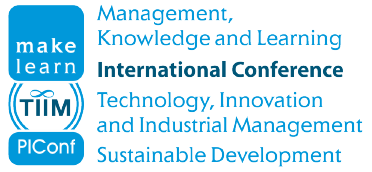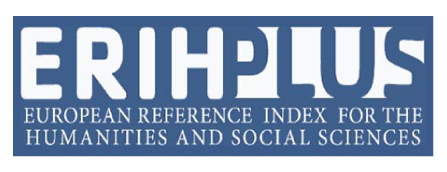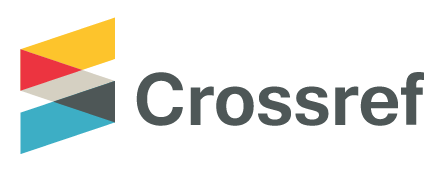Analysis of Evolving Technologies and Impact of Smart Shipping on the Future Workforce in the Maritime Industry
DOI:
https://doi.org/10.53615/2232-5697.13.159-168Keywords:
Evolving technologies, maritime technology, Smart Shipping, IoT, AI, blockchain, autonomous vessels, sustainability in shipping, future workforce impactAbstract
Purpose: There is a shift in phase within the maritime industry toward smart shipping, where IoT and AI are used. The real question revolved around these technologies' impact on future employees in ships and shipping. The reason is to understand how this rapidly changing technological world affects these maritime professionals.
Study design/methodology/approach: A systematic review was performed according to the system of Preferred Reporting Items for Systematic Reviews and Meta−Analyses (PRISMA). The literature review aimed at analysing a comprehensive spectrum from academic publications to industry reports and white papers in order… The Smart Shipping case studies were studied to provide practical knowledge on the integration of IoT and AI in maritime operations.
Findings: The resulting analysis was a diverse and changing technological environment, including blockchain, AI, IoT, autonomous vessels, and innovations that are driven by sustainability. The use of blockchain applications allows for achieving increased transparency, while AI-based developments bring improvements in navigation, logistics and maintenance. The introduction of IoT allows industries to transform via the collection of data in real time. Autonomous vessels offer both challenges and opportunities designed to impact seafaring jobs. Sustainability innovations aim at clean energies and more ecological applications. Smart Shipping case studies demonstrated various positive outcomes on the deployment of IoT and AI applications that are realised in terms of operational efficiency gains up to issues with workforce adaptation.
Originality/value: The paper sheds light on the maritime environment as well as its potential impact on determining the future workforce. The strategies to deal with the changes, such as job role change, workforce adaptation strategy and overcoming challenges, should be considered essential. Whereas merits arising from technical development enable the companies to benefit as far as efficiency is concerned, missing opportunities for careers in seafaring imply that active measures to build workforce capacities have become inevitable. The paper ends with recommendations for policy-makers, industrial representatives, and researchers who can help take successful steps in the face of changing fields associated with technology use encompassing maritime operations.
Downloads
Downloads
Published
License
Copyright (c) 2024 Anastasia Kiritsi, Vasilis Adamantidis, Theodosis Stamatellos

This work is licensed under a Creative Commons Attribution-ShareAlike 4.0 International License.















